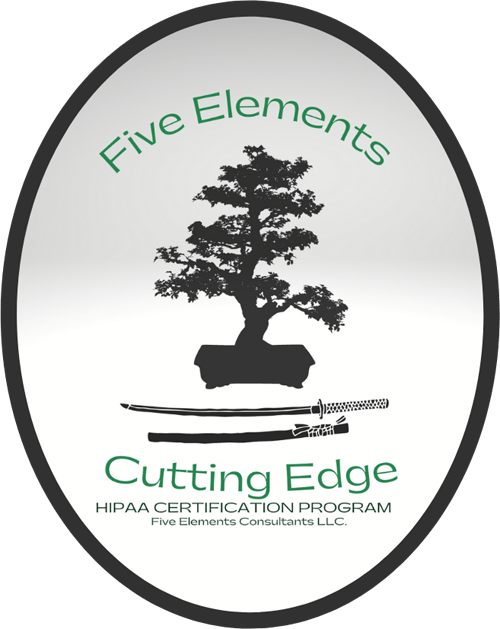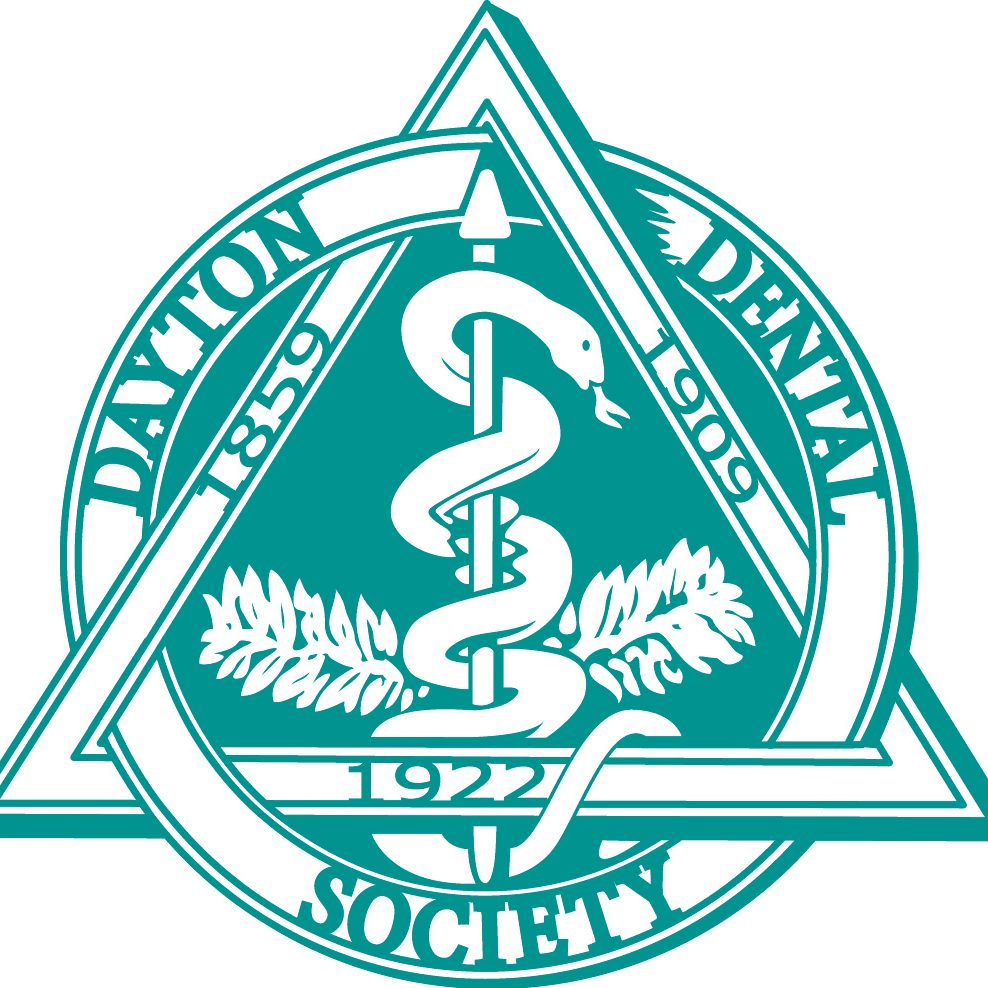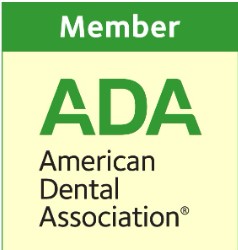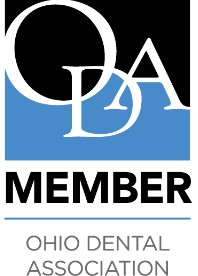Oral Cancer Screening Dayton, OH
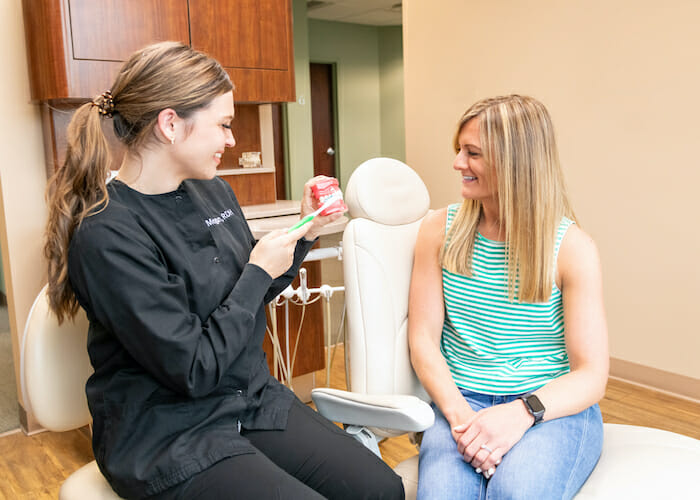 At Steve A. Sato, DDS, we perform routine oral cancer screenings on every patient during every dental exam.
At Steve A. Sato, DDS, we perform routine oral cancer screenings on every patient during every dental exam.
Routine cancer screenings increase the odds that cancer or precancerous cells are detected during their earliest stages. As with other types of cancer, early detection and prompt treatment are essential to successfully treating oral cancer.
Although oral cancer is fairly common, there is no official screening protocol like with other types of cancer. So, if it weren’t for oral cancer screening at the dental office, most patients would not detect signs or symptoms of oral cancer until the disease had progressed further.
What Is Oral Cancer?
Oral cancer includes any cancer of the mouth, lips, cheeks, tongue, gums, hard or soft palates, jaw, throat, pharynx, and maxillofacial structures.
Risk Factors for Oral Cancer
Individuals who fall into the following categories are at a greater risk of developing oral cancer:
- Using tobacco of any kind
- Heavy alcohol use (including the alcohol contained in some mouthwashes)
- Human papillomavirus (HPV)
- History of sun exposure
- Previous oral cancer diagnosis
If you fall into any of these high-risk categories, then you might benefit from more frequent oral cancer screenings.
Signs and Symptoms of Oral Cancer
Signs and symptoms of oral cancer include:
- Red and white spots in the mouth
- Unusual growths
- Rough patches or other texture changes
- Ulcers or sores that don’t heal on their own
- Enlarged lymph nodes
- The feeling of having something caught in the throat
- Coughing
- Trouble swallowing
- Pain in the mouth, face, ears, or neck
- Persistent bad breath
If you notice any of these unusual changes in or around your oral cavity, we strongly encourage you to schedule an appointment for an oral cancer screening.
What Happens During an Oral Cancer Screening?
An oral cancer screening consists of a visual examination aided by a VELscope scanner in addition to a physical palpation of your soft tissues inside and around the oral cavity and neck. During the screening, Dr. Sato looks for abnormally colored or textured spots, sores, and unusual lumps, bumps, and growths.
Advanced Detection With VELscope Technology
At our office, we strive to continuously improve the quality of dental we provide our patients, and this means always staying abreast of the latest treatment tools and technology.
To offer more thorough and accurate oral cancer screenings to our patients, we use VELscope for enhanced oral assessment. This tool employs a special light that illuminates the natural fluorescence of abnormal mucosal tissues, making it much easier to detect cancerous and precancerous lesions in a patient’s oral cavity during a routine oral cancer screening.
What If Dr. Sato Finds Something Abnormal During My Cancer Screening?
When we detect changes or potential signs of oral cancer during a screening, Dr. Sato will talk with you about his findings and advise you regarding the next steps. This usually involves scheduling an appointment with your general practitioner for further testing and evaluation.
It’s important to remember that detecting the presence of abnormalities is not a cancer diagnosis. Further testing is always needed.
Routine Oral Cancer Screening in Dayton
To learn more about oral cancer, its symptoms, and how we help our patients detect the earliest signs of oral cancer, we welcome you to contact our office or schedule an appointment for your next routine dental exam, prophylactic cleaning, and oral cancer screening with Dr. Sato.

